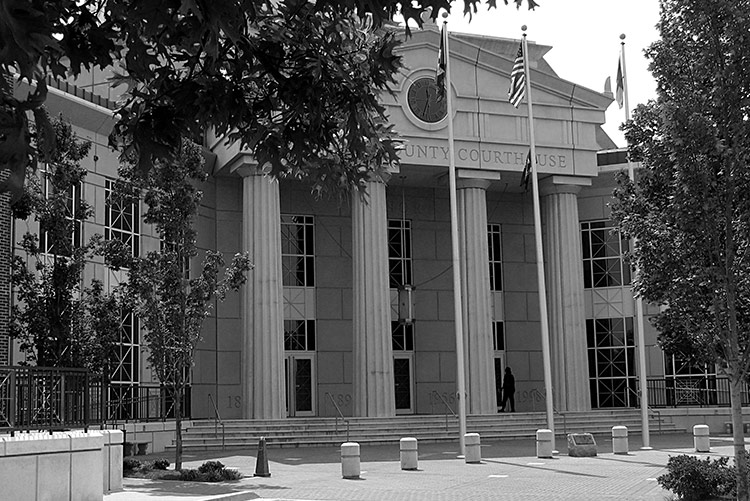Stopping Debt Collector Harassment
https://bardolawpc.com/wp-content/uploads/2015/09/BlogPhoto-030-BardoLaw.jpg 750 500 StacyBardo StacyBardo https://bardolawpc.com/wp-content/uploads/2015/09/LinkedIn-StacyBardo-BardoLawPC-150x150.jpgDebt collector harassment – through collection calls and letters – comes with increasing frequency the moment you stop making payments. Federal law empowers you with certain rights – but you need to know how to use those rights. Ask yourself the following questions:
- Who is calling or sending you letters?
- Why did you stop making payments?
- Are you receiving calls on your cell phone or landline?
- Do you have a lawyer?
Who is contacting you?
If the calls and letters are coming from the original creditor, you may be able to work out a payment arrangement, change your payment due date or apply for debt assistance. Many credit card companies offer insurance for missed payments if you lose your job or become disabled. Sometimes, you may not even know such insurance is included. Check our your credit card terms and conditions to see what your options are. Be wary of hiring credit counseling agencies to do what you can do yourself!
If the calls and letters are coming from a debt collector (a company hired by your creditor) and you have no ability to pay the debt, consider whether you want to request the collector cease further contact. Even though you still owe the money, you don’t have to accept the calls. Send a letter – via fax or certified mail, return receipt requested – requesting that the collection agency cease all further communications. While the agency can still report the debt on your credit report and you could still be sued for the balance, if the calls and letters don’t stop, you may have a claim under the Fair Debt Collection Practices Act.
Why did you stop making payments?
If you stopped making payments because you filed for bankruptcy, make sure the debt has been included in your bankruptcy and tell your lawyer if you keep receiving payment demands. You should not be receiving any collection calls or letters after you file bankruptcy.
If you stopped making payments because your sole income is Social Security, SSI or SSDI, be sure to inform the creditor or agency about your income source. These benefits cannot be touched by your creditors.
Are you receiving calls on your cell phone or landline?
Even if you originally told your creditor to call your cell phone, you can revoke that consent. Once you tell the agency all calls to your cell phone are prohibited, you may have a claim under the Telephone Consumer Protection Act if those calls continue.
Do you have a lawyer?
If you have a lawyer, either in bankruptcy or to represent you in a debt matter, ask your lawyer if you can include his or her name and telephone number on a cease contact letter. Once you do this, all future communications must go to your lawyer. It can stop the contacts to you and keep your lawyer apprised of any potential additional rights you may have.
Here are some other helpful links to check out on this subject:
https://www.consumer.ftc.gov/articles/0149-debt-collection
https://www.consumerfinance.gov/ask-cfpb/category-debt-collection/



